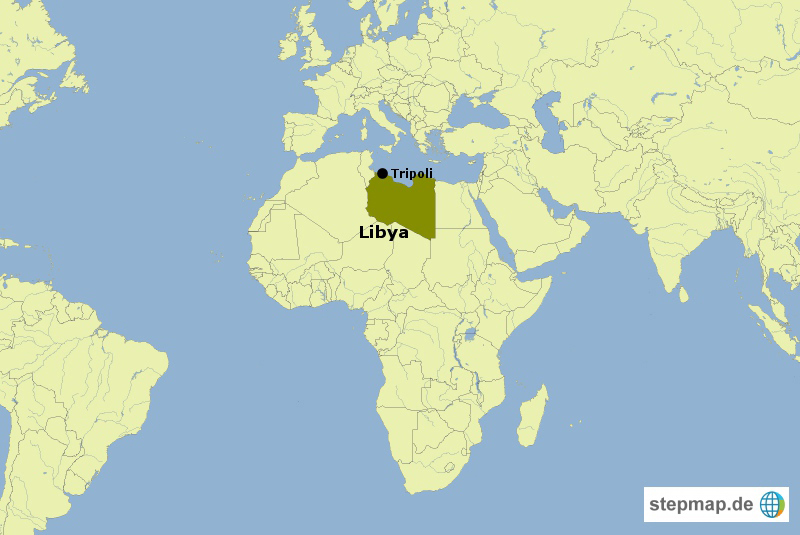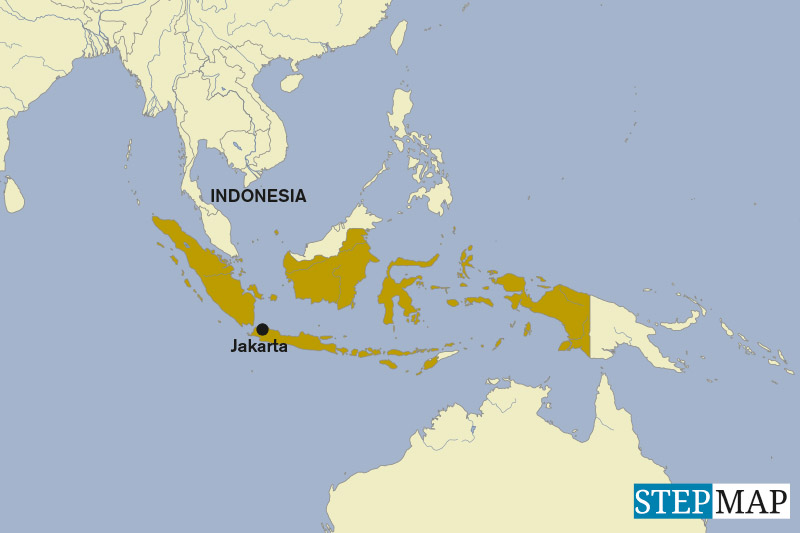Community building
If it works in Zimbabwe, it’ll work anywhere

Tania Montalvo runs the independent news website Animal Político in Mexico City. She says, it is important not to depend on a single revenue source. Though access to the main website is free, Animal Político has begun to collect money from its audience. People can become paying “members” for example, and they then get access to important stories a few hours before others do. She reports that this approach is more effective than crowd sourcing, because it makes people feel “that they are part of the project”. In Montalvo’s experience, it is possible to use quality journalism to create a community. She points out that the user experience must be good, not least in the sense of items being easy to read.
To attract more people and generate extra revenues, Animal Político has started additional activities. One example is Animal Gourmet, a website dedicated to food. Moreover, the parent company has begun to produce videos for clients. Two persons are busy producing such “commercial content”, Montalvo reports.
Montalvo discussed her approach at the annual conference of FOME (Forum Media and Development), an informal network of German development agencies involved in media affairs. DW Akademie and Konrad Adenauer Foundation hosted it in November in Bonn. Her panel included Nigel Mugamu from Zimbabwe, who confirmed her message of journalistic independence depending on sufficient – and sufficiently diverse – revenue streams.
Seven years ago, Mugamu set up the online publishing company 263Chat. His team now includes 17 persons, produces news items every day and systematically uses social media such as WhatsApp, twitter and Facebook to spread information. 263Chat is a for-profit organisation, Mugamu points out. As a trained accountant, he is used to processing business figures. He insists that it would not make sense to charge users in a poor country, so he relies on five other revenue streams, including advertising and providing graphics services for clients. Mugamu says his work is “character building”, especially in view of Zimbabwe’s painfully high inflation. He is forced to improvise and discover new ways to make money continuously. The good news is that 263Chat is viable in very difficult circumstances. In his eyes, that proves that independent journalism is feasible elsewhere as well.
Animal Político and 263Chat have several things in common. Most important is probably their emphasis on using the brand to build a community. Mugamu considers it important to engage the audience daily. “The key is to listen,” he says. Unless journalists know what their audience wants, they will be unable to deliver that kind of content.
Links
Animal Politico:
https://www.animalpolitico.com/
263Chat:
https://www.263chat.com/
FOME conference documentation
https://fome.info/symposium-2019-2













